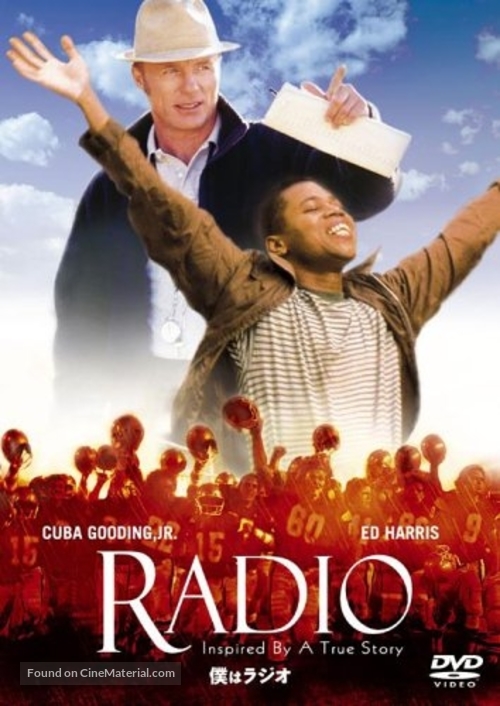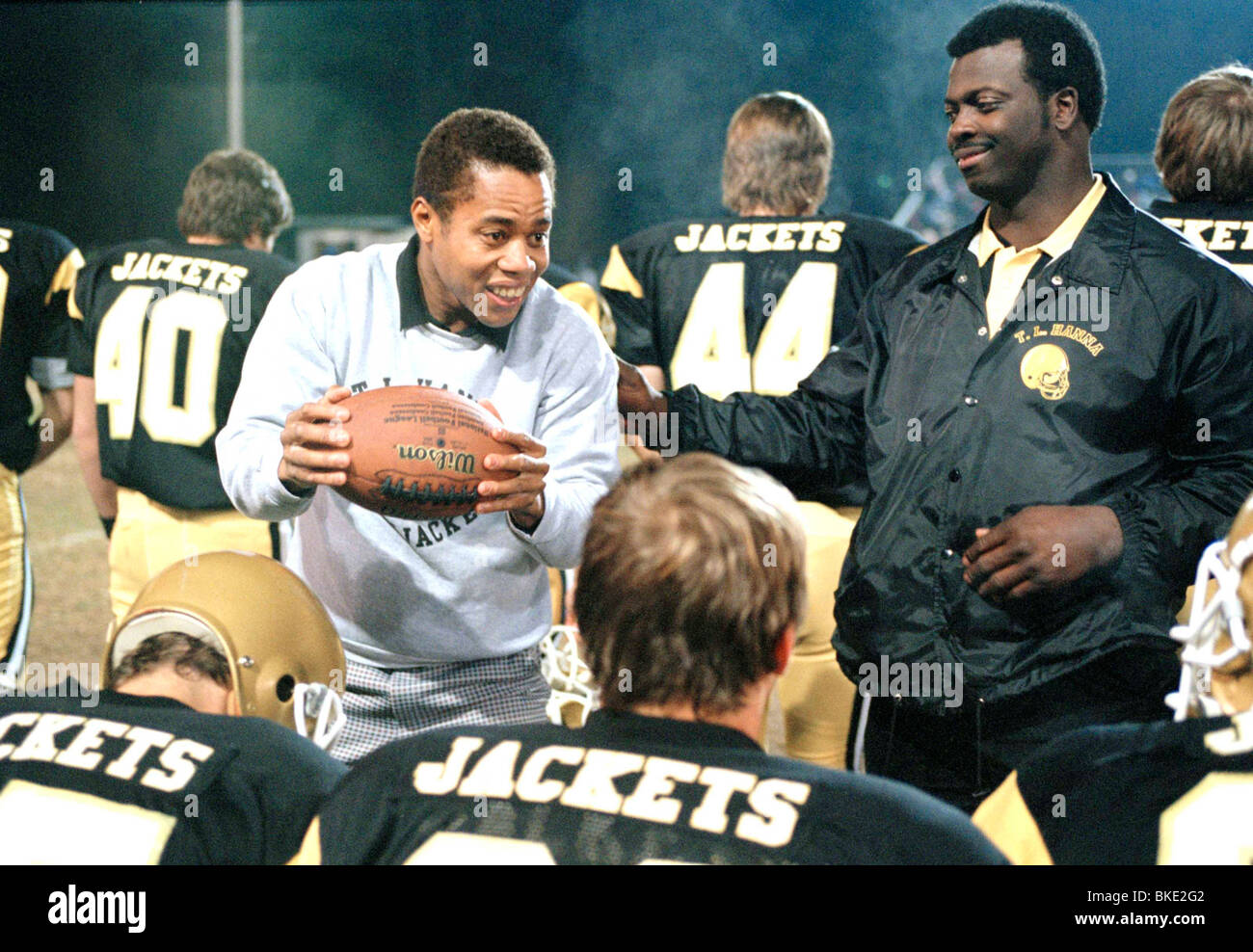Disability in Film: Radio (2003) An inspiring film about a young man with an intellectual disability and the unlikely football coach who changed his life for the better, Radio is almost guaranteed to leave any viewer in tears not once, but several times throughout its run time. James, known in the movie as Radio, the protagonist, begins as a. Dec 06, 2012 Radio 2003. TENTATIVELY, a cONVENIENCE. Radio, tENTATIVELY a cONVENIENCE, KALX, Guitarists Anonymous. Radio 2003: In San Francisco to present 2 screenings, one of these was to have a performance of my 'Guitarist Anonymous Withdrawal Aids' as part of it. It'd been arranged for me to promote that show on an arts program on KALX. A mentally challenged boy nicknamed 'Radio' who, despite being able to barely write or speak, transforms himself, with the help from a high school football c. Radio is a 2003 American semi-biographical sports drama film directed by Mike Tollin, written by Mike Rich, and inspired by the 1996 Sports Illustrated article 'Someone to Lean On' by Gary Smith. The article and the movie are based on the true story of T. Hanna High School football coach Harold Jones (Ed Harris) and a mentally disabled young. Coach Jones approaches Radio.
Google uses cookies and data to:- Deliver and maintain services, like tracking outages and protecting against spam, fraud, and abuse
- Measure audience engagement and site statistics to understand how our services are used
- Improve the quality of our services and develop new ones
- Deliver and measure the effectiveness of ads
- Show personalized content, depending on your settings
- Show personalized or generic ads, depending on your settings, on Google and across the web
 For non-personalized content and ads, what you see may be influenced by things like the content you’re currently viewing and your location (ad serving is based on general location). Personalized content and ads can be based on those things and your activity like Google searches and videos you watch on YouTube. Personalized content and ads include things like more relevant results and recommendations, a customized YouTube homepage, and ads that are tailored to your interests.
For non-personalized content and ads, what you see may be influenced by things like the content you’re currently viewing and your location (ad serving is based on general location). Personalized content and ads can be based on those things and your activity like Google searches and videos you watch on YouTube. Personalized content and ads include things like more relevant results and recommendations, a customized YouTube homepage, and ads that are tailored to your interests.Radio 2003 Full Movie Fmovies


Click “Customize” to review options, including controls to reject the use of cookies for personalization and information about browser-level controls to reject some or all cookies for other uses. You can also visit g.co/privacytools anytime.

Radio 2003 full movie, online
NPR’s sites use cookies, similar tracking and storage technologies, and information about the device you use to access our sites (together, “cookies”) to enhance your viewing, listening and user experience, personalize content, personalize messages from NPR’s sponsors, provide social media features, and analyze NPR’s traffic. This information is shared with social media, sponsorship, analytics, and other vendors or service providers. See details.
Radio (2003) Full Movie 123movies
You may click on “Your Choices” below to learn about and use cookie management tools to limit use of cookies when you visit NPR’s sites. You can adjust your cookie choices in those tools at any time. If you click “Agree and Continue” below, you acknowledge that your cookie choices in those tools will be respected and that you otherwise agree to the use of cookies on NPR’s sites.